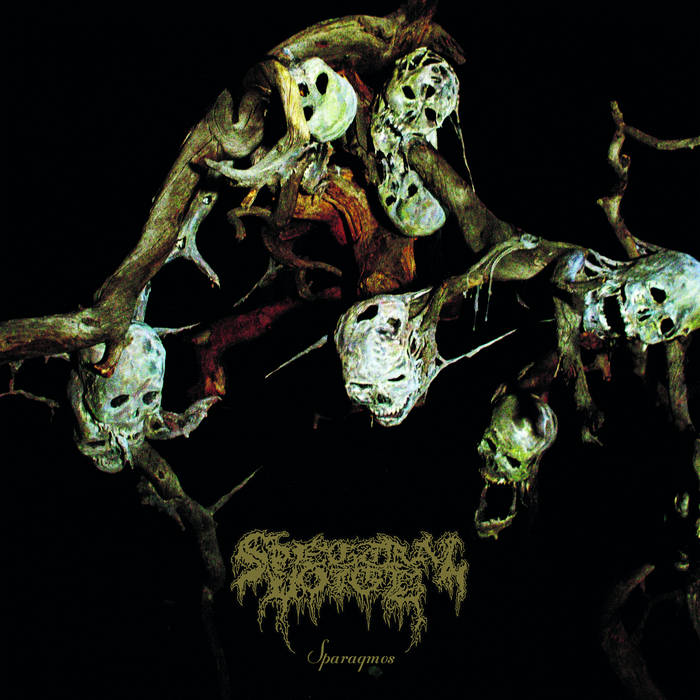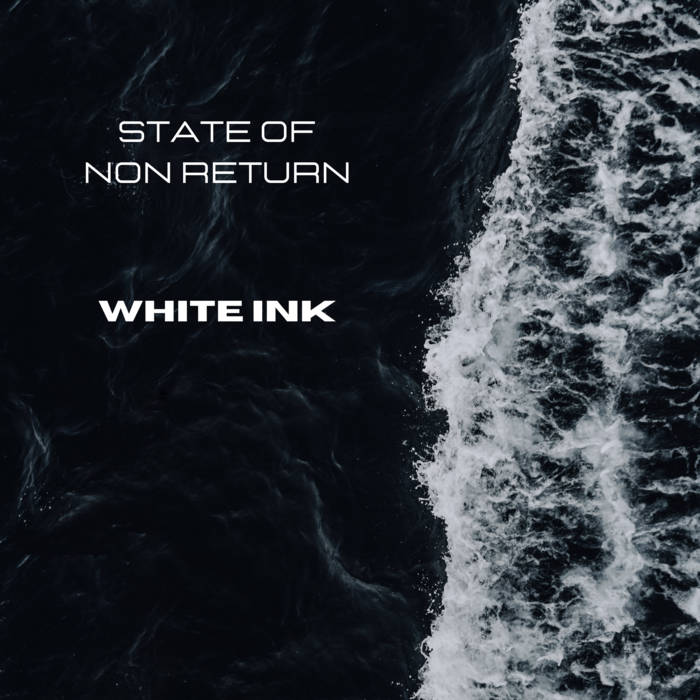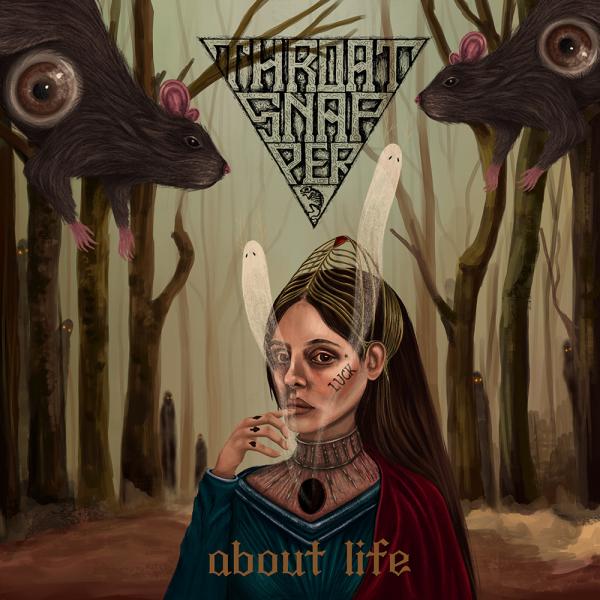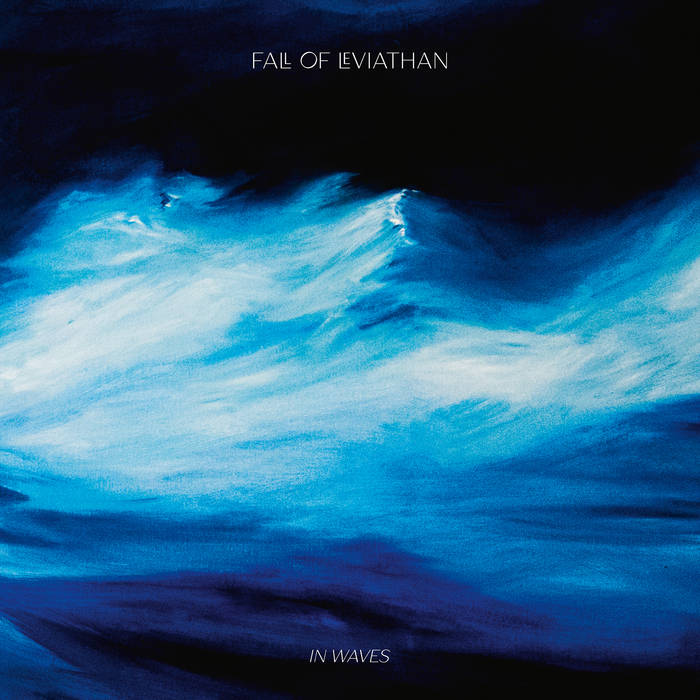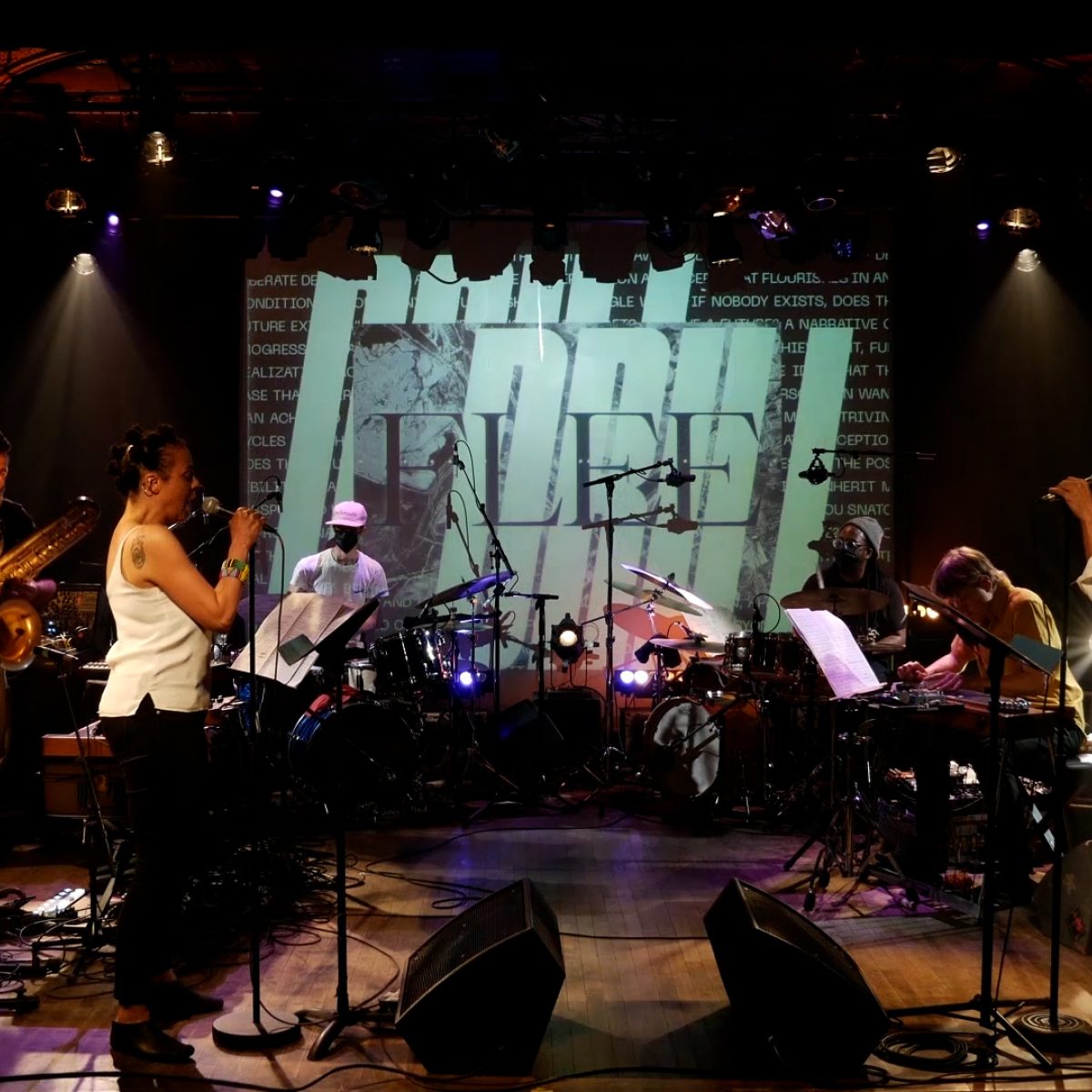We know that many music nerds out there like to gather knowledge and go down rabbit-holes so what would be better than let this be the basis of our special today? So here we go: A few months ago we gave you a book special for Alex’ Anesiadis’ book Heroes of the Metal Underground and as we think there is much more that we could talk about than “only” giving you an excerot from the book, we talked to Alex and are now very happy to give you this as our little Valentine’s Day Present!
Alex, thanks for doing this! Can you tell me what exactly raised your interest in the heavy music in general ? American heavy-music as the second raw and American metal underground in the third row ? What made you go down that rabbit hole?
Oh, thank you so much! It was actually a hard job to do it, but definitely intriguing. Well, my interest in heavy music in general derives mostly from NYHC and crossover-you know, bands like Agnostic Front, D.R.I., Cro-Mags, stuff that blew my mind when I was a kid. As for metal, what I found so amusing was the DIY aspect of the 1980s underground, independetly-released US metal bands. It must have been an extremely fascinating era to be a kid, living in the USA, and releasing your own music.
>As far as I know, you’re a Greek descent. Do you see any special foreign elements in the American heavy-metal underground music ? Are there bands that are specifically “non-American” ? Are there any bands specifically trying to come up with ideas and sounds and soundscapes that aren’t American in your opinion?
That was a question that I didn’t expect! Yeap, I’m of Greek descent (even though I have lived many years abroad). There are so many foreign elements in so many greatl American metal bands, and I will name some of them: Manilla Road (they had a huge affinity for Black Sabbath, Rush as well as UK progressive rock). Ruffians (like a Maiden/Priest proportion of 50/50). Brocas Helm (so many European 1970s rock influences). Cirith Ungol (obviously European-styled, even though their rockier tunes were based on the US 1970s rock). Street Child (mix Iron Maiden with Accept and there you go!). There were so many US bands that were influenced by European metal, and this somehow is reflected to one fact-they didn’t make it in commercial terms in USA.
What’s underground for you ? How do you define it and where you’re drawing the line ? Is Metallica underground ? No. Have they ever been underground ? That’s the question we might have to answer in this context. If you could specify your definition of Underground?
Well, I guess that being underground for me is based on releasing your first (or all) records in small labels (or in your label), driving a mini-bus to tour all over crazy places to play, releasing music that is non-commercial. Metallica were in the early 1980s the epitome of underground, however they are by no means considered to be an underground band post-Ride the Lightning (at Master of Puppets they were already huge). However, the definition of Underground relies on one word: Authenticity. And you can’t be authentic, when you have a huge major backing you up, and forcing you to release music that they consider to be profitable.
Do you see the difference between the rural areas of the US or more urban areas of this vast continent ? Did you see any kind of parallels between certain cities and the differences ? For example, East and West coast ? Mid-America ? Did you see any specifications concerning those parts of the countries ?
Huge differences. On East Coast, bands sound rougher, nastier, and I guess that this is due to the massive Hardcore/Punk scene that was thriving on that days. In Chicago, you can hear the sound of the wind in every band-they are all melodic but not cheesy, they have a melancholic mood. On West Coast-especially in California-bands sounded more professional, more controlled. And only in mid-America you could find bands like Destroyer, Salem’s Wych, Iron Cross or Crowhaven, bands with huge differences in musical terms, but all under the true, real metal tag.
How difficult for you to get together all that information, the interviews ? Tell us about, how did you collect your material ?
Chaos. First of all, I had to find a great majority of the bands that at least self-released one of their records. Then, I had to hunt down members or ex-members that were still alive. It was an eternal quest into a sea of information. To my mistake, I forgot to include around 350 bands, because they were lost in Word files (that were everywhere)-however you should expect them to be included in the second edition!
After you collected your material, how long did the writing process take ? And how long did it take to work on this book ?
It took me around 1 and a half year, but it was a daily process, since I’m on a Ph.D and on a FT job. A little every day. Overall, in was 3 long years.
Did you experience any form of appreciation and, on the other spectrum, denial of your endeavour ? Did you find support ? What were your experiences ?
Everybody was supportive and super kind! Actually, in all three books of mine, there was only one musician that was negative (and he banged his head against a wall when he saw that a book is actually out). Even more, I have only the best experiences to mention regarding chatting with, or interviewing American musicians. Some were so happy about that book, that even sent me presents (records, CD’s, t-shirts)!
>What were the most impressive revelations you’d found while doing your research ? Or did the stereotypical WASP-image of the American heavy-metal find its confirmation ?
The most impressive revelation was that there were so many East Coast bands that had connections with the Hardcore/Punk scene. And as far as I can say, the “stereotype of WASP” was maybe the exception to the rule! There were so many people in the underground interested only in creating great music, with great artwork.
Which of your interview partners were most surprising for you ?
Kenny Burcke of Destroyer, Rob Origlio of Street Child, Craig Berhost of Ruffians, Scott Beasley of Wombat, Cliff White of Shadow; the common denominator is that they exposed so much enthusiasm in the interviews.
As this book came out via Feral House how do you feel being on the roster on the publication that is turning more and more and more being an epicenter of heavy/extreme/metal kind of literature ?
Unbelievably happy. Feral House is one of the most notorious publishers in the world, regarding heavy/extreme music. But I’m also very happy that I also belong to Earth Island publications in UK-check them out, just amazing stuff released.
What comes next for you ? What comes next to embark on ? Which journey do you wanna take ?
I already started writing for a new book (that’s gonna be on melodic punk of 1990s, another great favorite of mine), that’s gonna be published on Earth Island, but I’m really slow…the Ph.D is killing me, and my FT work is extremely demanding-sometimes it even takes 13 or 14 hours a day. But I will do it. The plan is to finish my Ph.D, and drop the day job. Hopefully this happens soon!
And a dream: to create a documentary out of my books.
And of course, I can’t leave you without asking to name your top 5 American heavy-metal underground records of the 80s ?
This is a question that can change daily of course! OK, here we go:
1) Ruffians- S/T LP
2) Leather Nunn- Take the night LP
3) Spectral Incursion LP
4) Decoy Paris- Love on the run LP
5) Halloween- Don’t metal with evil LP
Cheers and thank you! It was a pleasure.
(Photo Credit: Nikoletta Pakalidou)



